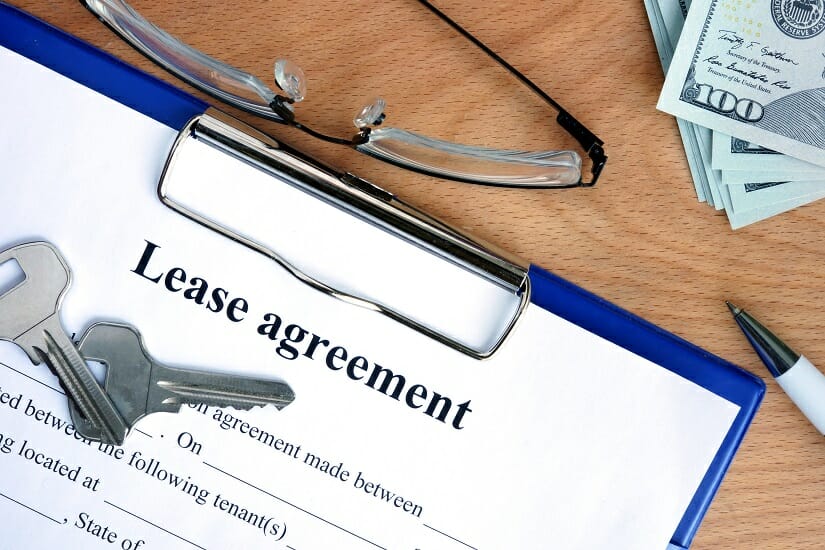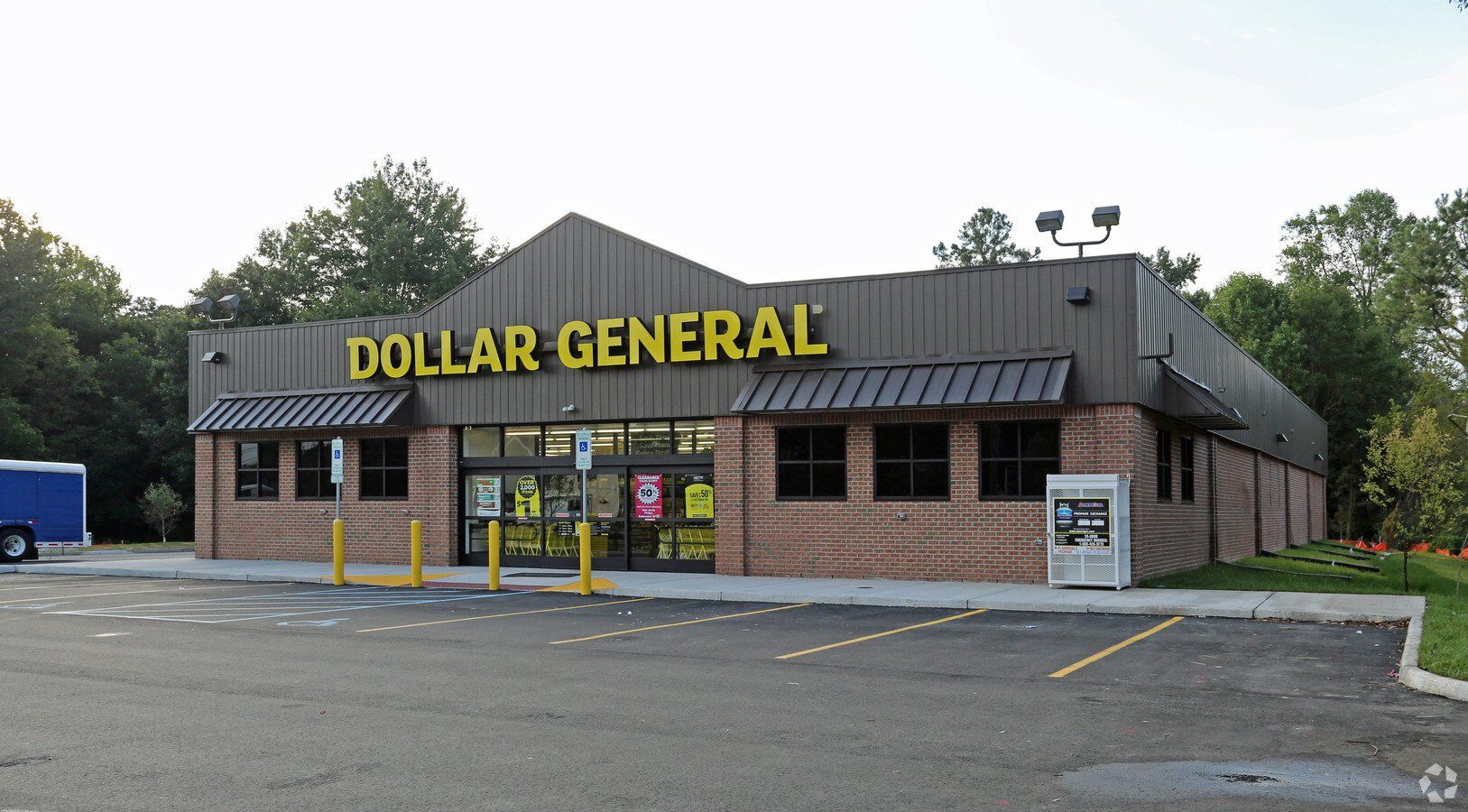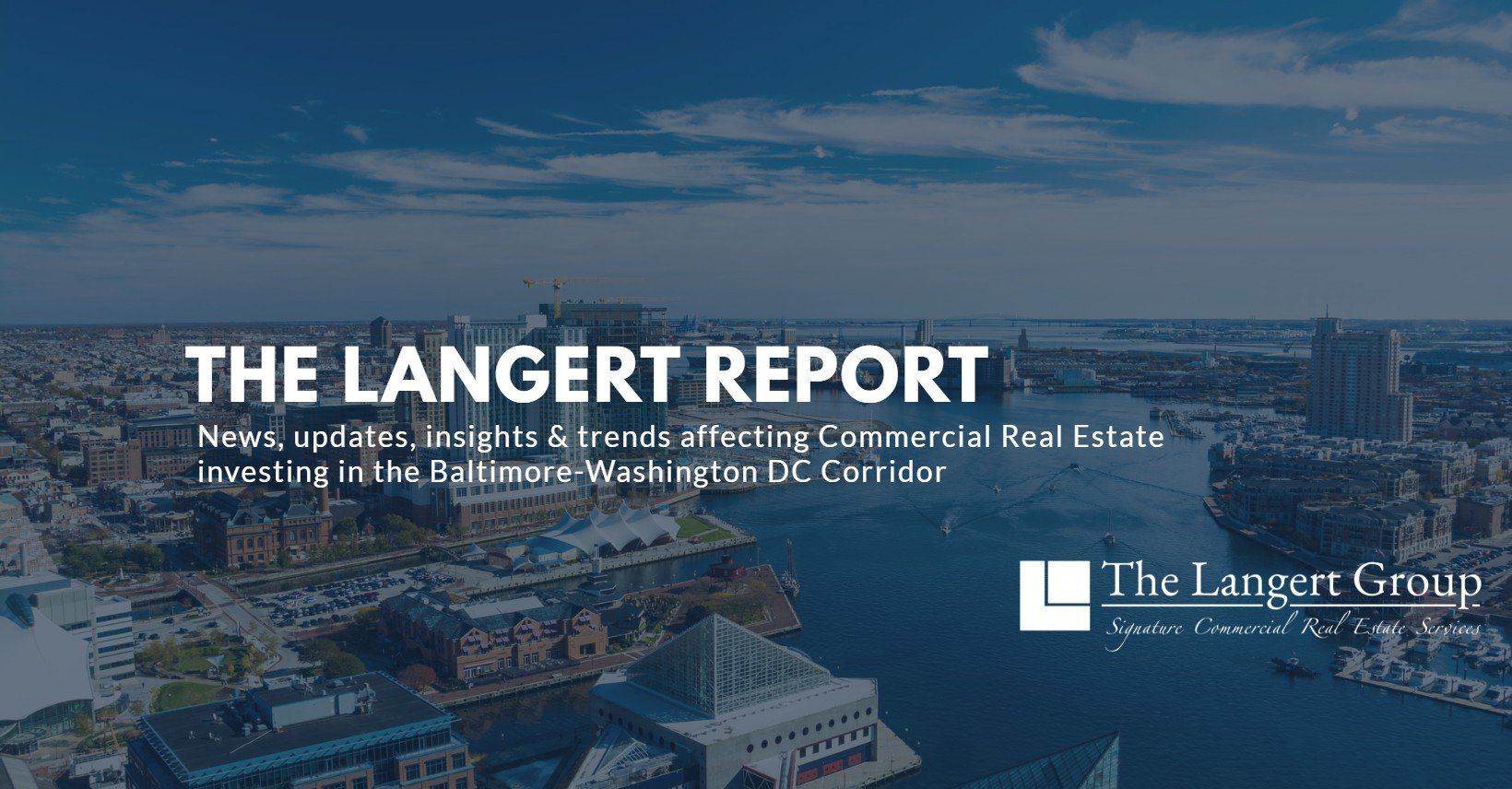Five Pitfalls in Your Commercial Lease

Your commercial real estate lease can be a bit of a mine-field. These documents are drafted by very smart and experienced attorneys. Language is often written such that it appears to give the tenant a right, while more subtle language perhaps even located in a different section of the lease often undermines or mitigates the initial language. Also, what is not in the lease is sometimes just as important as what is contained in the lease.
Here are five examples of things that pervade commercial real estate leases:
Is There A Landlord Default Section?
Most commercial real estate leases include several paragraphs (or even multiple pages) describing what constitutes a default by the tenant and what the landlord's remedies are in the event of a default by the tenant. However, when it comes to landlords defaulting under the lease and the prospective remedies are for a tenant in the event of a landlord default, you will frequently find that the lease doesn't contain one word even stating that it is possible for the landlord to be in default. Default is obviously an important topic or the landlord wouldn't spend so much verbiage describing it when it comes to a tenant default. Yet, when it is the landlord in default and the tenant's remedies that are in play, there isn't a single word about it in many cases.
Is There A Landlord Insurance Requirement?
Leases typically require the tenant to carry commercial general liability, fire and extended coverage, worker's compensation, business interruption and extra expense, and various other insurance coverage. Further, there is typically language outlining the ratings and other qualifications of the companies through which the tenant may obtain such coverage, There is also usually language describing various clauses that must be contained in the insurance policies of the tenant. However, much like our discussion of Landlord default provisions, there is typically not a single word in a commercial real estate lease requiring the landlord to obtain any insurance coverage at all. Obviously, they need to insure their building against fire and other casualty. Also, a landlord typically operates and manages the property, and can cause a "slip and fall" or other accident damaging person or property just as easily as the tenant can. Yet there is usually not a word even requiring the landlord to have coverage.
Can You Assign Your Lease?
Sometimes business doesn't go as planned. Retail businesses fail, companies get bought and/or merge with other companies, principals decide to retire. If any of these things happen and you want to find someone else to take over your lease, how easy or hard does the lease make that to do? Most leases say that you can only assign your lease with the landlord's permission. That's understandable. The landlord shouldn't be able to let you just transfer your lease to anyone. However, how tough is it to get their permission? If your lease says that the landlord can withhold its permission "in the landlord's sole and absolute discretion", then they can turn you down for any reason at all. They don't have to be reasonable about it at all. On the other hand, if it says that the landlord can't unreasonably withhold or delay its consent, then the landlord has to be "objectively" reasonable about giving its consent.
What Is Your Protection Against Competition?
If you open an Italian restaurant in a shopping center, you don't want the landlord to let your staunchest competitor open up two doors away from you. Likewise, if you are a title company leasing first floor space in a prominent office building, you don't want the landlord leasing the space across the hall to your rival. Without specific language in your lease protecting you against these things, your landlord has the right to put whoever he or she wants in the shopping center or office building. Make sure that you have it. We discuss more about exclusive use clauses
here.
Who Is Building Out Your Space And Who Is Paying For It?
If you are occupying a space in an office building or shopping center that needs work done to it prior to your occupancy, who is doing that work...the tenant or the landlord? Likewise, who is paying for that work? Landlords frequently either do some or all of the buildout work in retail or office space. They often pay for some or all of that work via either a "turnkey buildout" or a "tenant improvement allowance". However, they don't advertise those things. You have to know to ask for them, and you or your representative has to know what is typical in the market place. Many times, unsuspecting and inexperienced tenants will take on large costs associated with building out their spaces because they didn't even know that the landlord might participate in the costs.
*Nothing contained in this article or newsletter is intended as either brokerage or legal advice. Each deal is different and each lease is different. You are urged to seek professional advice from a competent commercial real estate broker and attorney for advice so that such advice can be dispensed as it pertains to your transaction specifically. Please do not rely on the information in this newsletter as a substitute for such professional advice. Unless we have been hired to represent a client, we accept no liability for anyone's reliance on anything written in this article or this newsletter.
CRE Insights





